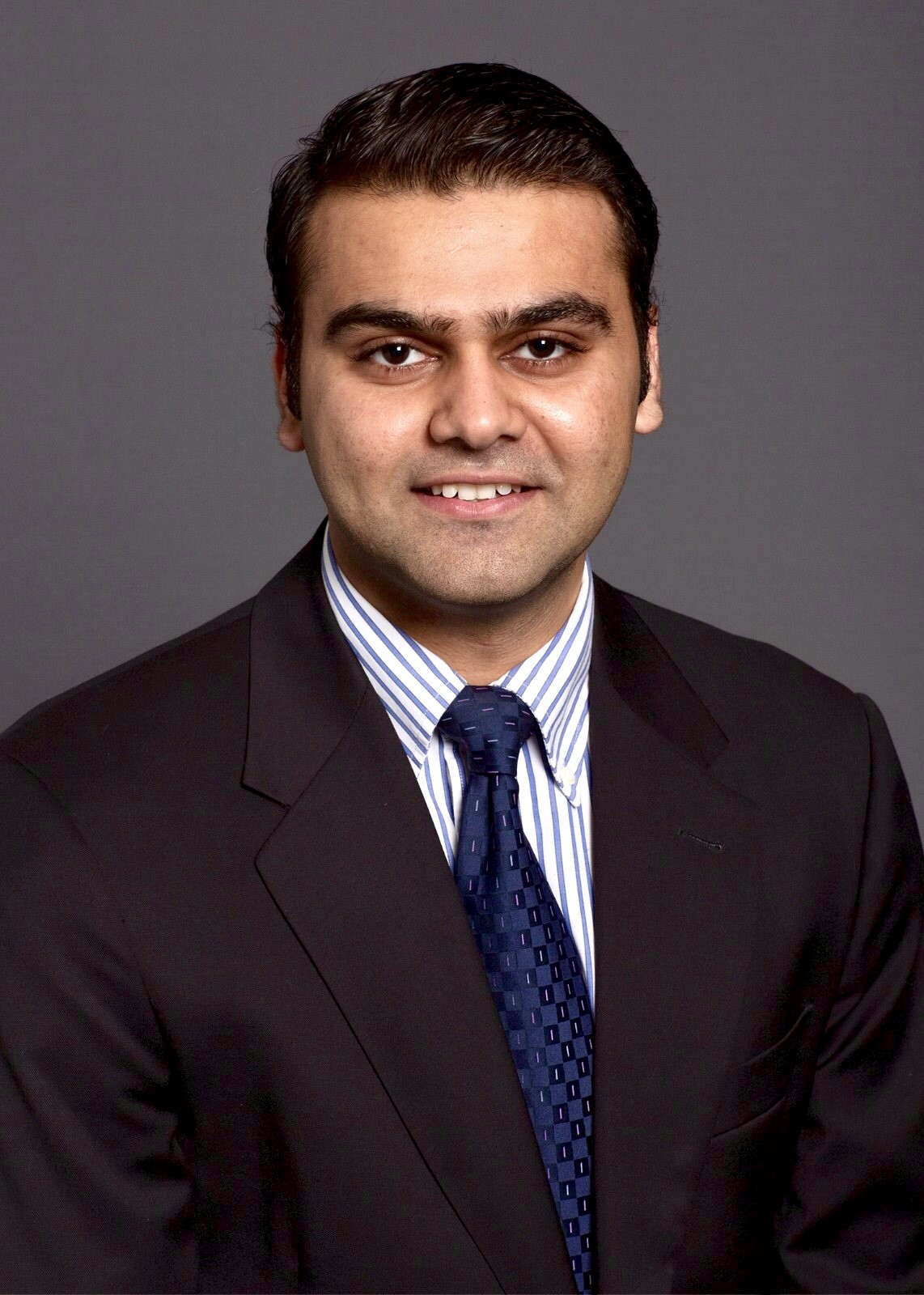Per Unit System Refresher
The "Per Unit System Refresher" session is designed to provide a review of the per unit system, a fundamental concept in electrical engineering. This refresher aims to reinforce participants' understanding of base values, conversion methods, and calculations within the per unit framework. By revisiting key principles and exploring practical applications, the session will highlight the advantages of using the per unit system for simplifying complex calculations and ensuring consistency in analysis.
Speaker Name: Muhammad Hamid
Muhammad Hamid is an Electrical Engineer at Black & Veatch, Dallas office working with the Power System Studies & Specialties team. His experience includes design of Substations, Distribution Systems, Electrical System upgrades and Relay Settings. His project experience ranges from 345kV substations to 12kV distribution stations. Project duties include Physical Substation engineering, Protection & Control (P&C) systems engineering, Scheduling, Construction Sequence design and support, Protective Relay Settings calculations, Coordination studies, Testing and Commissioning and Quality Assurance (QA) checks. Muhammad is also a Group Supervisor and has also participated in new hire training, and mentors multiple professionals. He currently works with the System Studies and Protection Settings team for providing relay settings and fault analysis for different Clients/Customers. His previous experience includes electrical design calculations, supply chain management, Front End Engineering (FEED), detailed electrical design and developing relay settings for Schneider Electric and Neste Jacobs.
Date and Time
Location
Hosts
Registration
-
 Add Event to Calendar
Add Event to Calendar
- Two Lincoln Centre, 5420 LBJ Freeway,
- Dallas, Texas
- United States TX 75240.
- Building: Lincoln Center 2
- Room Number: Lincoln Center 2 Conference Room.
- Click here for Map
Agenda
AGENDA:
- Welcome and Introductions
- Review of Per Unit Systems
- Revisiting the Fundamentals
- Calculation Examples
- Q&A Session

